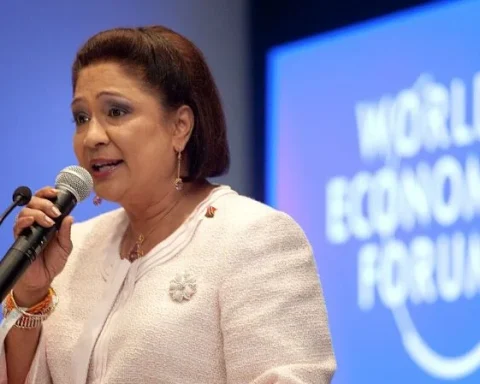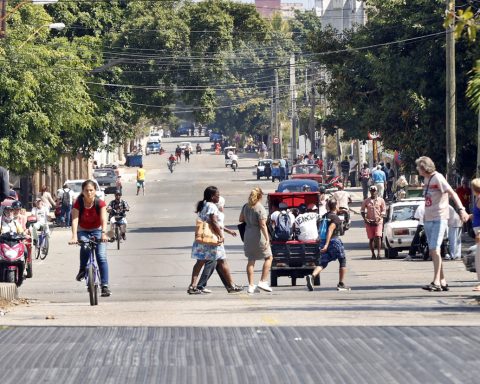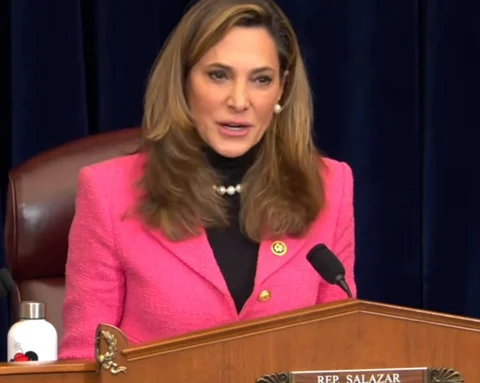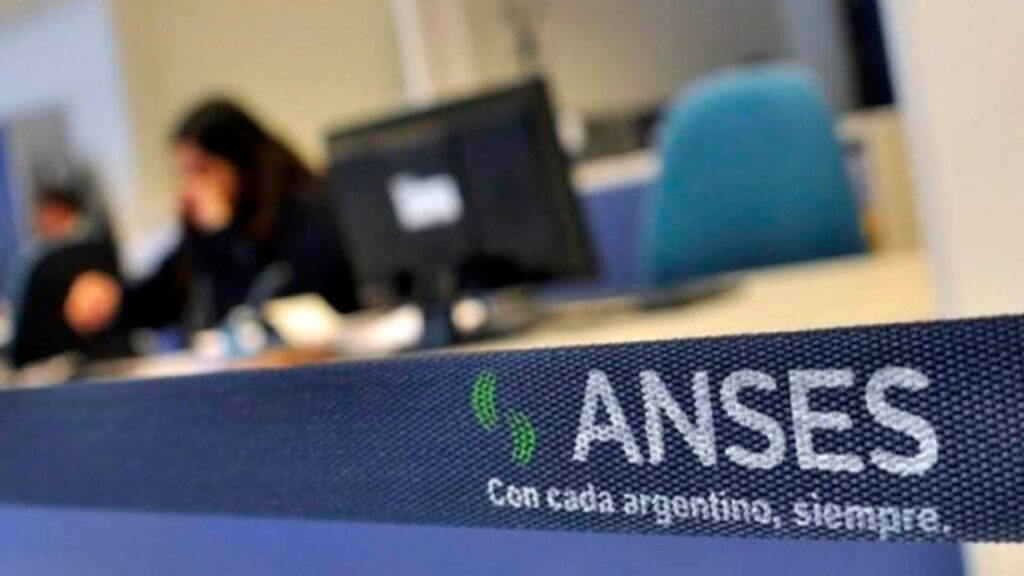This article is going to be an unorthodox attempt to bring together in a single piece of writing a contextual phenomenology of progressivism, from different points of view, but focusing on the French case in order to invite us to swing between the places that inhabit my political experience.
It all starts with an overlapping chronology. A few days ago the book was released in which she participated as coordinator and author, with two other colleagues, Pavel López and Salvador Schavelzon1, a book that took us more than four years to get out. Complex geographies, political polarization, precariousness, are some of the elements that explain this delay. The book was presented, while almost simultaneously there were the second round of the legislative elections in France, the second round of the presidential elections in Colombia, a national strike with popular mobilizations in Ecuador and the raid of the House of Culture in Quito by police forces.
During the book launch, I suggested that we deprovincializetwo Latin America by being able to look at the progressivism that emerged (and continues to emerge) there in the light of French progressivism. I considered this proposal because of the continuity I witnessed between the time I was in Latin America during the rise and fall of Latin American progressivism, and my return to France in the midst of the rise of a plebeian expression of politics, the Yellow Vests, and the installation of the Macronía, that is, a programmatic “progressivism” that became a neoliberal authoritarianism. The comparison between these two moments and geographies is not the only fortuitous result of a personal history, but rather entails a real development and concatenation of factors.
After the historical defeat, and the discrediting of the socialist option in France (in the last presidential elections in April the candidate managed to have 1.7% of the votes), a political force appeared since 2012 as a valid electoral option for the French left, alongside the eternal communists and Trotskyists, and a new social-liberal ecologist fringe. La France Insumisa (LFI) led by Jean-Luc Mélenchon gradually inserted itself into the political landscape, not only in electoral events, but also accompanying some social struggles.
Jean-Luc Mélenchon was close to the leaders of the Latin American progressives, and also became famous through his (controversial) approaches on, among others, Venezuela. In the recent parliamentary elections, the New Popular, Ecological and Social Union (NUPES) was established.3 as the second political force in France. LFI obtained 131 seats against 245 for Macron’s La República en Marcha (LREM), despite a smaller difference in the number of votes (31.6% and 38.6% respectively).
The presidential caucus lost the absolute majority that allowed it to govern without pressure. However, the surprise, and not the least, of these elections is the very worrying advance of the National Rally (RN) of Marine Le Pen, the extreme right-wing party that was also in the second round of the presidential elections. There would be many things to say about this tragic (but not surprising) comeback that I will not be able to delve into. Just to state that the crisis of representation that has plagued France for more than ten years has been favoring the extreme right, in particular since the crisis of the Yellow Vests.
It should be remembered that Mélenchon is neither a novice nor an outsider in politics, he was a member of the Socialist Party until 2008, although his career since then shows a coherence that distances him from his former political lair. In any case, after three failed attempts to reach the supreme mandate, LFI has not lowered its guard, and has been able to organize alliances with the leftist coalition (NUPES) that have brought it closer to the party with the presidential majority.
Once again, without being able to expand, it is important to highlight that they have done an important aggregation job, by proposing candidates who come from the mobilized society, as is the emblematic case of Rachel Kéké, former maid of a hotel franchise 4, and a black woman, born in the Ivory Coast, with a marked accent. It is the first time that a maid has come to represent a constituency in the National Assembly. It is the first time that a black woman with a primary school level manages to beat a former government minister. Well, something is happening… And this something makes me think that the boundaries of political representation are moving slightly, but with a value that we will appreciate soon.

This morning I have not been able to separate the image of Rachel Kéké from that of Francia Márquez. I shed tears of happiness upon hearing the news of Petro’s victory in Colombia, with the first sip of my morning — Colombian — coffee. Two black women, who are symbols of territorial and racialized social struggles, two destinies united by a similar trajectory. A name cannot be just a rhetorical embellishment… At the book launch, I stated that what was revolutionary about Petro’s candidacy was the presence of France at his side. Like Mélenchon (obviously ignoring the proportions), he knew how to broaden the field of representation, and he knew that, in order to move the popular classes, it is necessary to give more than speeches. This symbol, which is embodied by two black women, is not the mythical illusion of an outdated intersectional feminism either. It alerts us to the vigor of a post-progressivism that, from now on, will be feminist, postcolonial or it will not be.

But let’s go back to Ecuador and the similarities that arise with the French case. The Casa de la Cultura, which was the epicenter of the November 2019 revolt, has been raided. With strong intentions of forcibly eradicating any wave of claims, the Lasso government is showing a clear authoritarian turn, as happened with Macron and the Yellow Vests. Meanwhile, in France, a popular and peri-urban electorate finds no other political option than that of the RN, predicting a need for the left to once again face a representation policy more in line with the needs of the people.
In a time of helplessness in the face of unbearable social and economic inequality, the perceptible environmental and climate crisis, and food insecurity, a part of society finds a shelter in the extreme right due to its fears and mistrust of politics. It is then up to the left and post-progressivism to re-enchant life, love and territories. It’s time to look at us here and there. Join forces and invent feminist, ecological narratives that can represent everyone.
***
Grades:
1 Drifts and dilemmas of South American progressivism. Views from the investigation. Buenos Aires, Editorial Network, 2022.
two Chakrabarty, Dipesh. ([2000] 2008). “Introduction: the idea of provincializing Europe” In: On the margin of Europe. Postcolonial thought and historical difference.
3 Coalition created after the presidential elections, under the impetus of LFI, to form a left-wing bloc for the legislative elections, with ecologist, socialist, Trotskyist, communist and insumisxs candidates.
4 He was leading a 22-month strike to demand higher wages at the hotel where he worked.

















